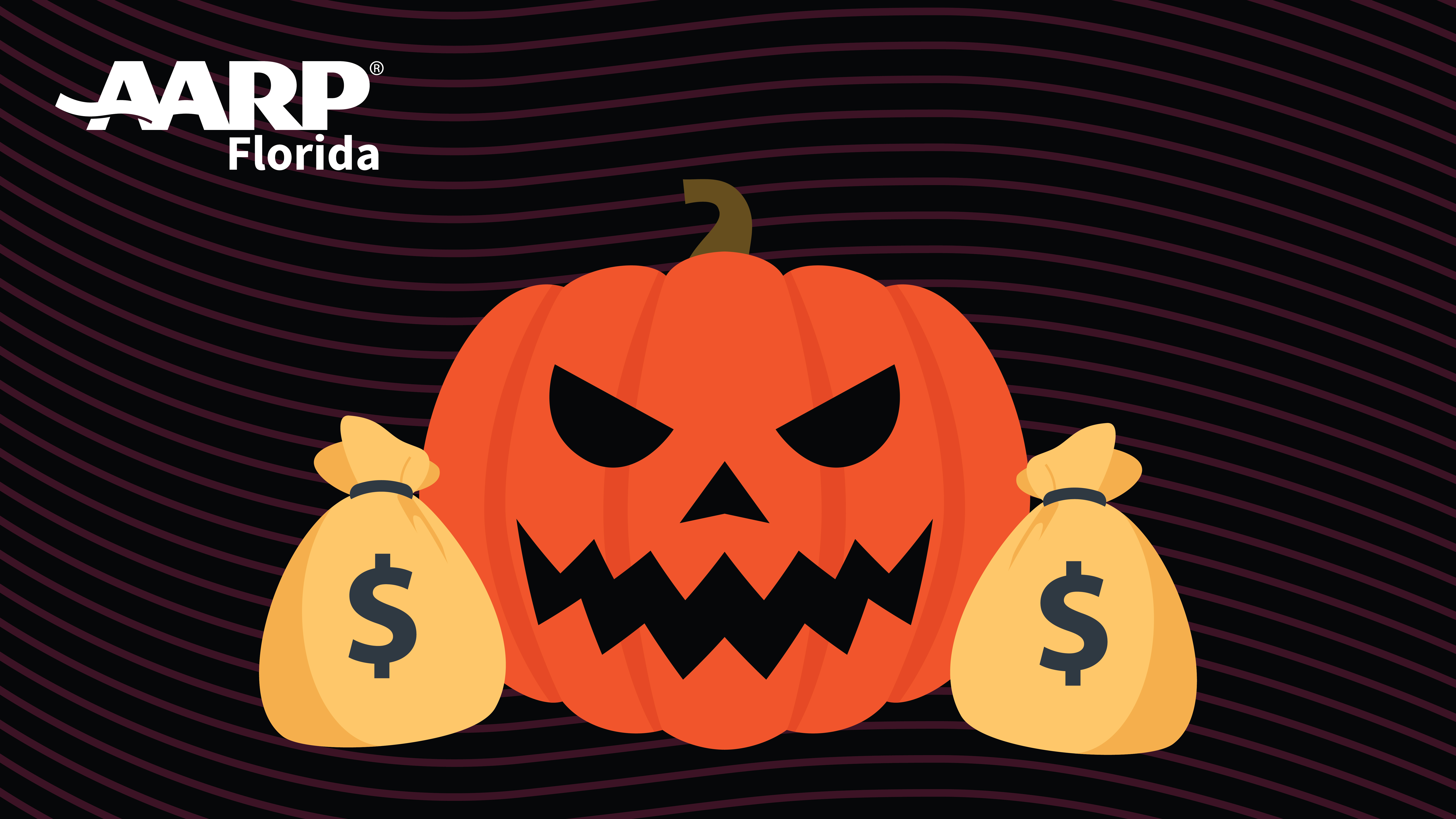AARP Hearing Center

Printable Version
Spooky season is officially upon us! While we usually associate October with things like Jack-o-Lanterns on doorsteps and pumpkin spice goodies, you may want to pay attention to a truly scary topic – scams. With the restart of student loan payments this month, scammers are interested in more tricks than treats to fool you out of your hard-earned money.
Last year, a reported 43 million Americans had outstanding federal student loan debt – with 8.9 million of those Americans aged 50 and older – and the FTC warns that scammers will capitalize on the resumption of student loan payments to separate Americans from their money.
Whether posing as sham debt relief companies or employees of the U.S. Department of Education, here are some red flags to help you identify a potential scam:
1. They claim they can obtain immediate and total loan forgiveness.
While there are legitimate companies and organizations that can help you with navigating the student loan repayment system, it is important to remember there is nothing a debt relief company can do to reduce or restructure your student debt that you can’t do yourself – for free – by contacting your student loan servicer directly.
2. The company requires you to pay up-front or recurring fees.
It is illegal for debt relief firms to obtain payment from you up-front or before they obtain results for a consumer. If the company is asking for charges up-front, it’s a sure sign of a scam.
3. They ask for your FSA log-in information.
Neither the Department of Education or any of its partners will ever ask you for your FSA (Federal Student Aid) ID password. An FSA ID is used like a signature for legally binding documents, which means that giving someone control over your account allows them to make changes without your permission.
4. The company claims to have a time-limited offer and you must act now.
Scammers may try to convince you to act fast to avoid missing out on a new forgiveness law or program that’s being discontinued.[2] While borrowers may have deadlines under their personal repayment plan – like annual recertifications for Income Based Repayment (IBR) plans – FSA programs are only limited by eligibility requirements.
5. They ask you to sign a power of attorney or third-party authorization to talk to your loan servicer.
Illegitimate companies often ask you to sign these agreements so they can change the contact information and other details on your account to conceal the fact that your monthly student loan bills are not being paid.
—
Reporting is key in combatting fraud. Please report suspected student loan scams to the FTC, the U.S. Consumer Protection Bureau and the Florida Attorney General’s Office. You can also submit a complaint directly to the FSA, or your local Attorney General's office if living outside of Florida.
If you or someone you know has been targeted by a scam, you’re not alone, and AARP’s Fraud Watch Network Helpline is here to help.
Please visit aarp.org/FLfraud to learn about other resources and tips for protecting Floridians from fraud.































































